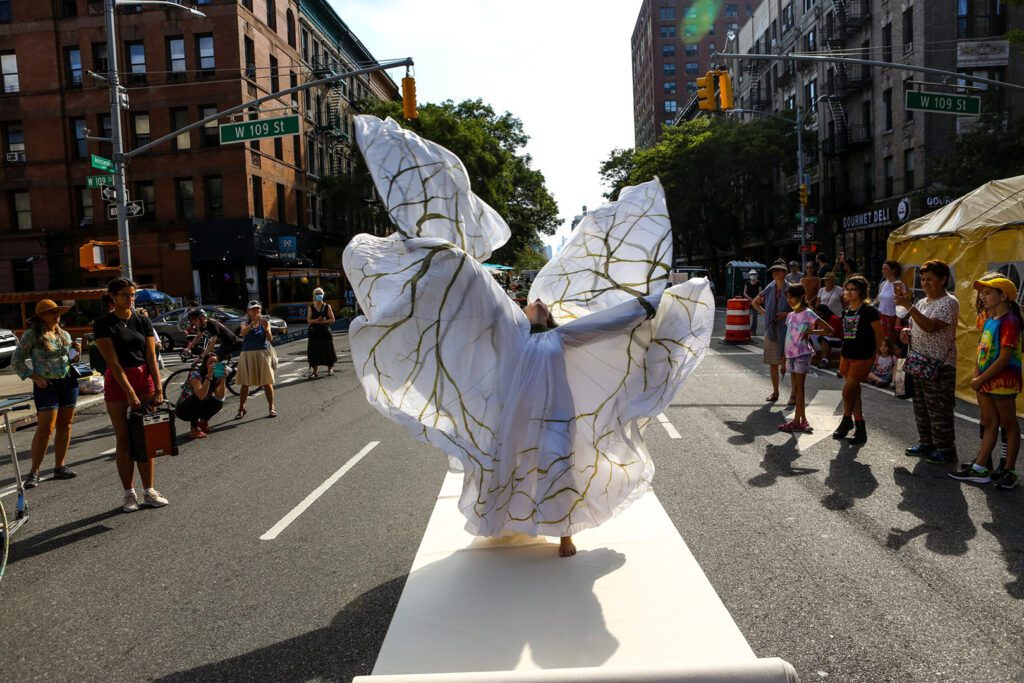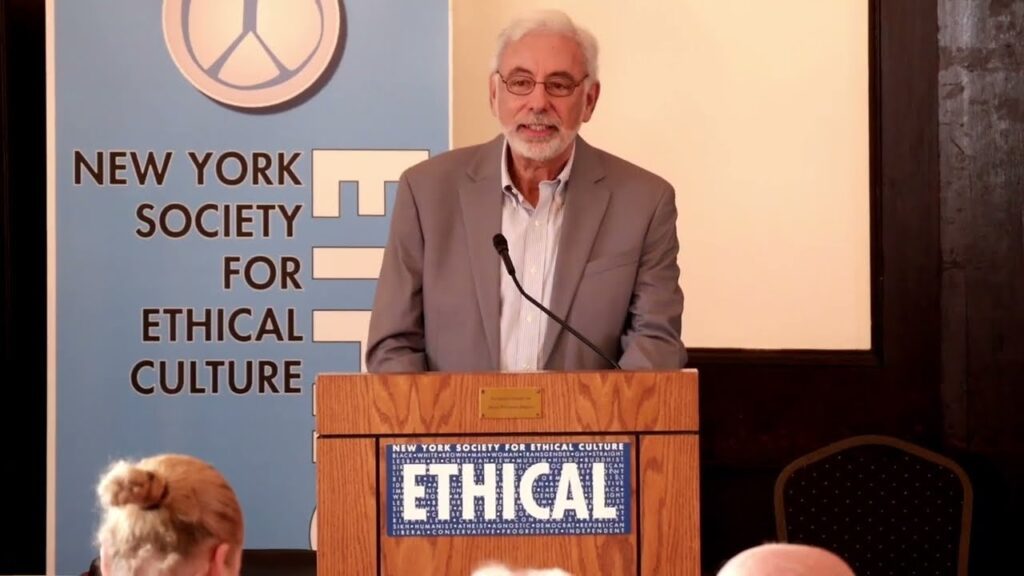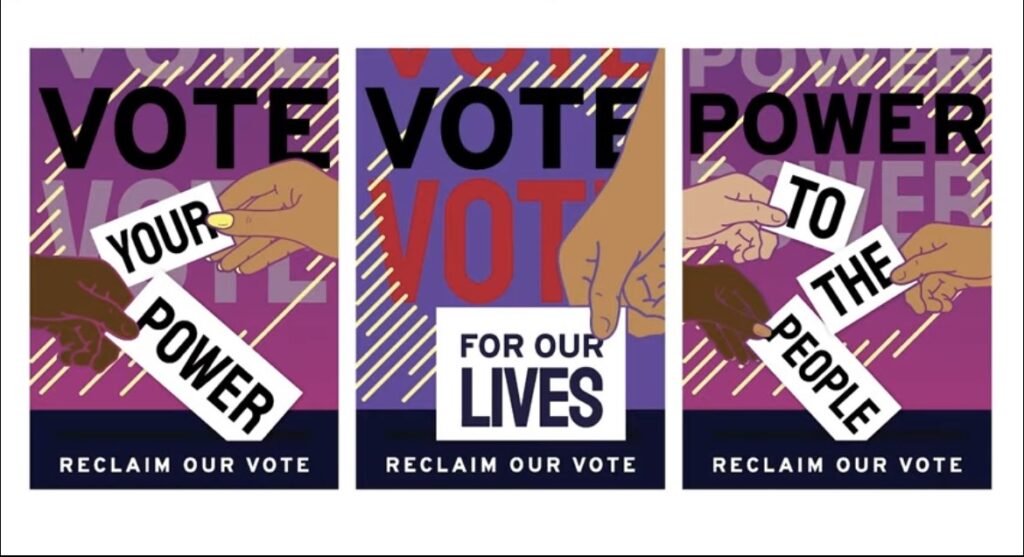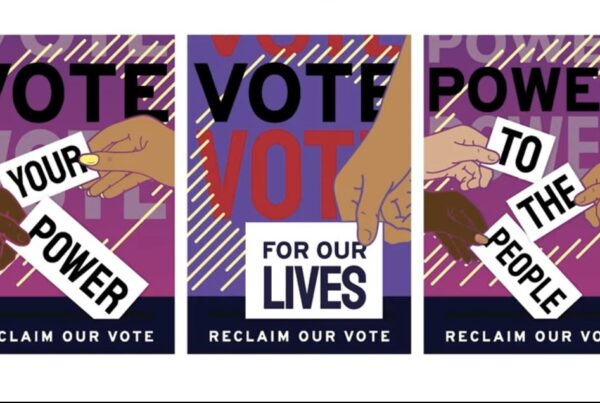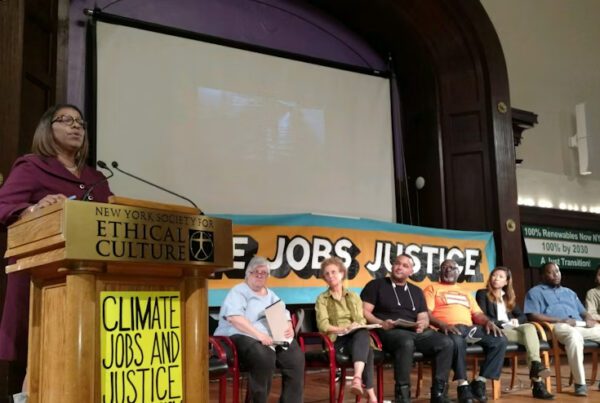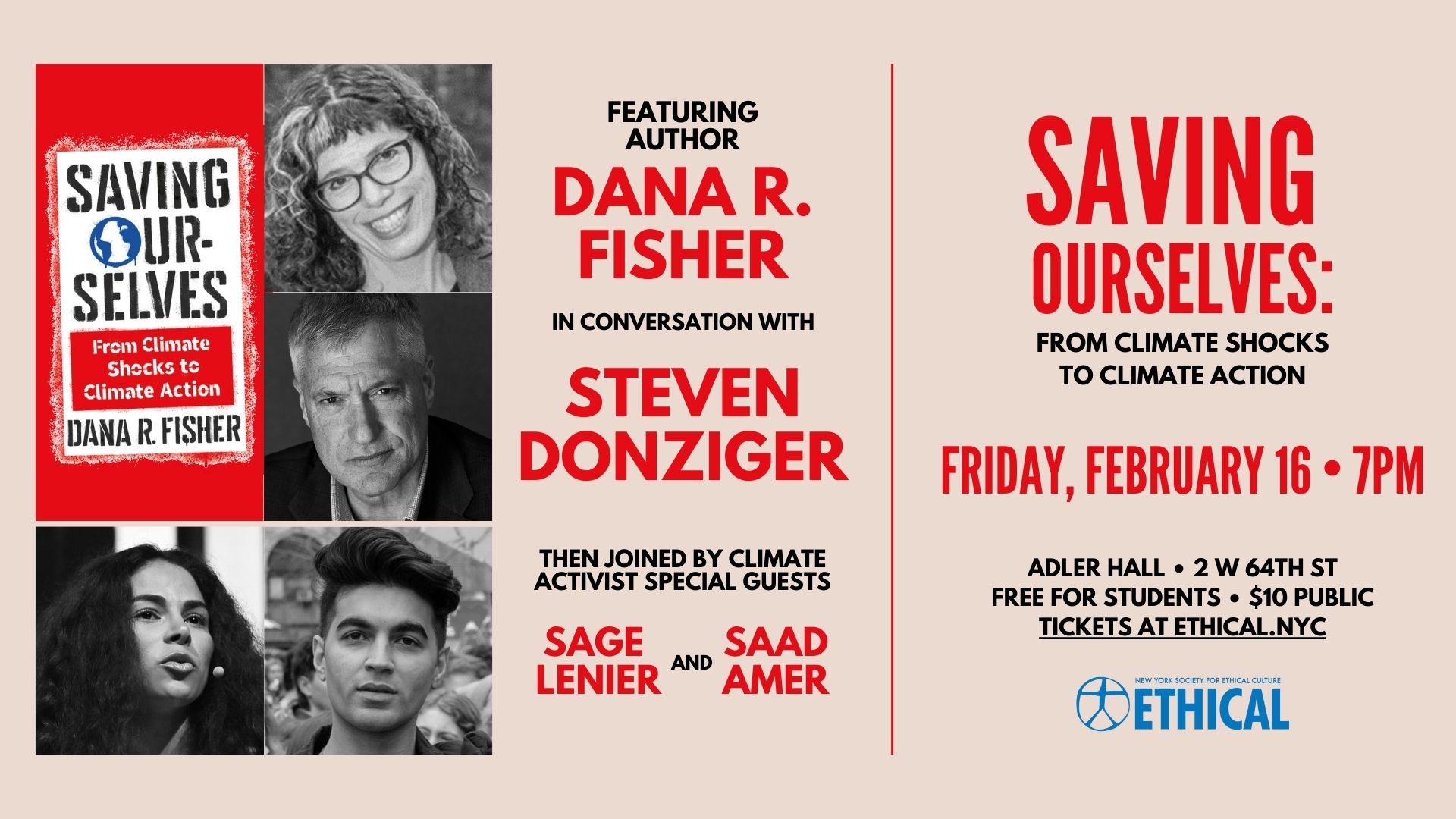
Join us for author Dana R. Fisher in conversation with Steven Donziger about her new book Saving Ourselves: From Climate Shocks to Climate Action, followed by a discussion with youth climate activists Saad Amer and Sage Lenier!
RSVP
FREE for Students and Society Members – $10 Public
Get Tickets on Eventbrite Here
About Saving Ourselves
Saving Ourselves takes a hard look at the growing frequency and severity of climate shocks and makes the case for increased climate activism as the driver of meaningful climate action.
Saving Ourselves assesses the current state of climate inaction and provides a realistic path forward through the worsening climate crisis. It integrates Fisher’s decades studying climate politics and climate activism, including her contributions to the most recent report for the Intergovernmental Panel on Climate Change (IPCC), to understand how change is coming and what to expect when it finally arrives.
The book concentrates on the social actors expected to bring about meaningful climate action—the state, the business sector, and civil society—showing how each sector has been ineffective. As a result, climate activism has become increasingly confrontational. Fisher examines this growing civil disobedience to identify when and how activism is most successful. The book concludes with insights on how people can take power back from deeply entrenched interests, giving us all our best chance to Save Ourselves.
About Dana R. Fisher
Dana R. Fisher, PhD. is the Director of the Center for Environment, Community, & Equity (CECE) and a Professor in the School of International Service at American University. She has authored over seventy-five research papers and book chapters. Saving Ourselves: From Climate Shocks to Climate Action is her seventh book. Fisher is a Nonresident Senior Fellow with the Governance Studies program at The Brookings Institution, the President of the Eastern Sociological Society, and the chair-elect of the Political Sociology section of the American Sociological Association. She served as a Contributing Author for Working Group 3 of the Intergovernmental Panel on Climate Change’s Sixth Assessment Review (IPCC AR6) writing about citizen engagement and civic activism. Her media appearances include ABC, CNN, MSNBC, PBS Newshour, and various programs on NPR, BBC, and CBC. Her words have appeared in the popular media, including in the Washington Post, Slate, TIME Magazine, Politico, the Nation, and the American Prospect. Fisher holds a Ph.D. and Master of Science degree from the Department of Sociology at the University of Wisconsin-Madison. Her undergraduate degree is in East Asian Studies and Environmental Studies from Princeton University.
About Steven Donziger
After helping Amazon communities win a historic $9.5 billion pollution judgment against Chevron, the company retaliated and prosecuted Steven Donziger for contempt of court in New York after he refused to turn his computer and confidential case file over to his adversary counsel. The federal prosecutor rejected the charges, which were filed by a pro-corporate judge with financial ties to the company. The judge appointed a Chevron law firm to prosecute Steven in the name of the US government.
The private Chevron prosecutor immediately ordered Steven locked up at home with a 24/7 monitoring device on his ankle, while his trial was delayed for over two years. He ended up spending 993 days in detention and in prison for a misdemeanor offense with a maximum sentence of 180 days; the judge denied him a jury.
He is still the only person ever in the US locked up in retaliation for his human rights work. Chevron used 60 law firms and 2,000 lawyers to attack Steven. He now enjoys the support of 68 Nobel Laureates and more than 150 bar associations and civil society groups around the world and is considered a leading global spokesperson on the issues of human rights, climate justice, Indigenous rights, and the law.
About Sage Lenier
Sage Lenier is an activist fighting for an education system that properly prepares Gen Z for a climate-changed future. Recently, she has been honored by TIME Magazine as one of ten 2023 Next Generation Leaders and wrapped up a Public Voices Fellowship with The Op-Ed Project & The Yale Program on Climate Change Communication (YPCCC).
At 19-years-old, she began teaching her record-breaking program, Solutions for a Sustainable & Just Future, which has enrolled 1,800 students and counting at UC Berkeley. In 2023, Sustainable & Just Future is now a nonprofit rapidly expanding to bring the vision to a global audience.
Sage’s work covers the circular economy, decarbonization, degrowth, community power, food systems, sustainable development, environmental justice, and more, seeking to offer a vision for what a better future could look like.
Her work has been featured in The New York Times, The World Economic Forum, and Teen Vogue and has brought her to speak at conferences, universities, and organizations around the world.
About Saad Amer
Saad Amer is a leading climate activist and environmental justice expert. He is the Founder of the consultancy, Justice Environment, and is a consultant to the United Nations. As one of the country’s most prolific voting rights organizers, he has reached millions of voters and created campaigns featuring the likes of Vice President Al Gore, Congresswoman Alexandria Ocasio-Cortez and Taylor Swift. He served as an Expert Reviewer for the IPCC AR6 report and helped secure $6.5 billion dollars for the National Parks as Advisor to the National Parks Conservation Association. He has researched the impacts of climate change on the ground in the Indian Himalayas, co-created Harvard University’s inaugural Sustainability Plan, and discovered a new hybrid species in French Polynesia. Saad has written for National Geographic, PBS and the World Bank, has spoken at the United Nations, US Department of State and TEDx, and has been profiled by Vogue, Nature and the New York Times. He went to Harvard University where he studied Environmental Science and Public Policy and was a Fellow at Yale University’s Public Voices on the Climate Crisis with The OpEd Project. He was named most influential voice in ESG by WWD and honored as Forbes 30 under 30 for social impact.

